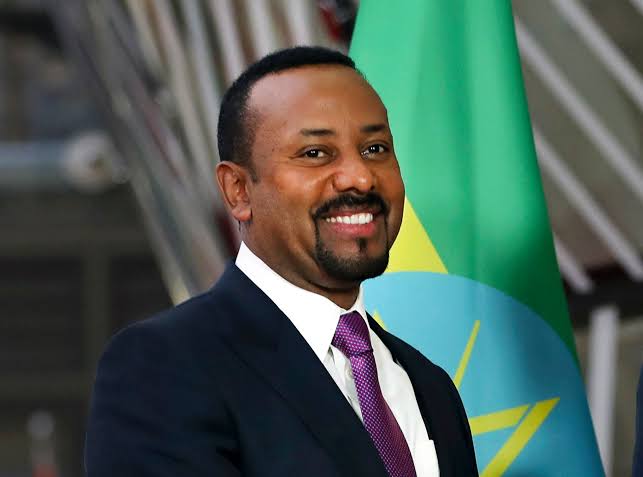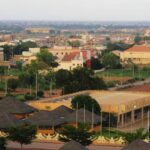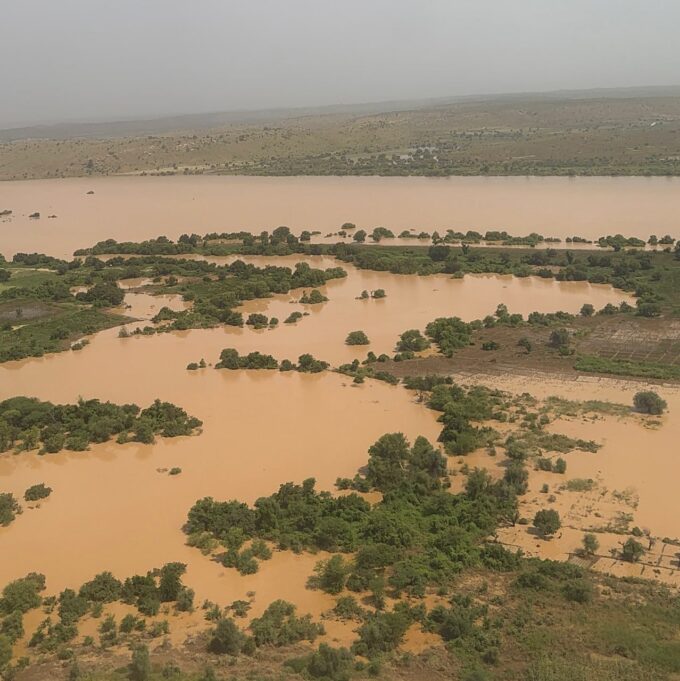Ethiopian Prime Minister Abiy Ahmed has positioned Ethiopia as a strategic gateway for BRICS countries seeking to strengthen their presence and partnerships across the African continent. During a recent economic forum, Abiy highlighted Ethiopia’s pivotal role as a hub for investment, trade, and diplomatic engagement with Africa, particularly as BRICS nations—Brazil, Russia, India, China, and South Africa—continue to expand their influence within the continent.
Abiy pointed out that Ethiopia’s rapid economic growth, coupled with its strategic geographic position and significant infrastructural investments, make it an ideal bridge for BRICS countries into Africa’s emerging markets. “Ethiopia is a natural gateway to Africa, offering BRICS countries direct access to some of the fastest-growing economies in the world,” he stated, underscoring the benefits of regional partnerships that facilitate greater BRICS participation in Africa’s economic landscape. This comes as BRICS aims to enhance its role as a multi-polar counterbalance in global trade, providing African countries with alternatives for growth that are outside traditional Western-centric trade routes.
Africa’s position as a natural resource powerhouse and its vast potential for manufacturing, technology, and agriculture make it increasingly attractive to BRICS countries seeking to diversify investments and secure key commodities. Abiy emphasized that Ethiopia, one of Africa’s most populous nations, is positioning itself as a platform for technology transfer, skill development, and infrastructure growth, with a strong commitment to creating sustainable partnerships that benefit both Africa and BRICS members.
Ethiopia’s recent membership in BRICS further strengthens its standing in facilitating new avenues for trade and cooperation, positioning it as a major hub for BRICS-African collaboration. Abiy noted that Ethiopia’s recent economic reforms, which aim to liberalize key sectors such as telecommunications, banking, and energy, have attracted significant interest from BRICS investors, who are keen to tap into the country’s untapped markets. These reforms, he argued, align well with the BRICS agenda of fostering sustainable development and promoting shared prosperity.
As part of Ethiopia’s commitment to creating a conducive business environment, the country has invested in regional infrastructure projects, such as the Grand Ethiopian Renaissance Dam (GERD) and the expansion of road and rail networks. These projects, Abiy said, are designed to increase regional connectivity and ensure that Ethiopia serves as a logistical nexus linking Africa’s east, west, and central regions. The Prime Minister noted that these efforts have the potential to strengthen regional trade routes, making it easier for BRICS countries to conduct business across Africa.
Abiy also addressed the challenges facing Africa and BRICS nations, including external debt, global economic uncertainties, and shifting geopolitical dynamics. He highlighted the role of BRICS in helping African countries develop financial resilience through sustainable investments that reduce dependency on foreign aid. In doing so, Abiy emphasized Ethiopia’s commitment to fostering mutually beneficial relationships that provide African countries with the resources they need to pursue sustainable growth.
During his address, Abiy applauded the role of China, India, and South Africa in leading the charge for deeper engagement with African countries. He particularly commended the BRICS New Development Bank for its support of projects that address critical infrastructure needs across the continent, adding that Ethiopia is eager to access BRICS financing for upcoming development projects that align with national goals.













Leave a comment